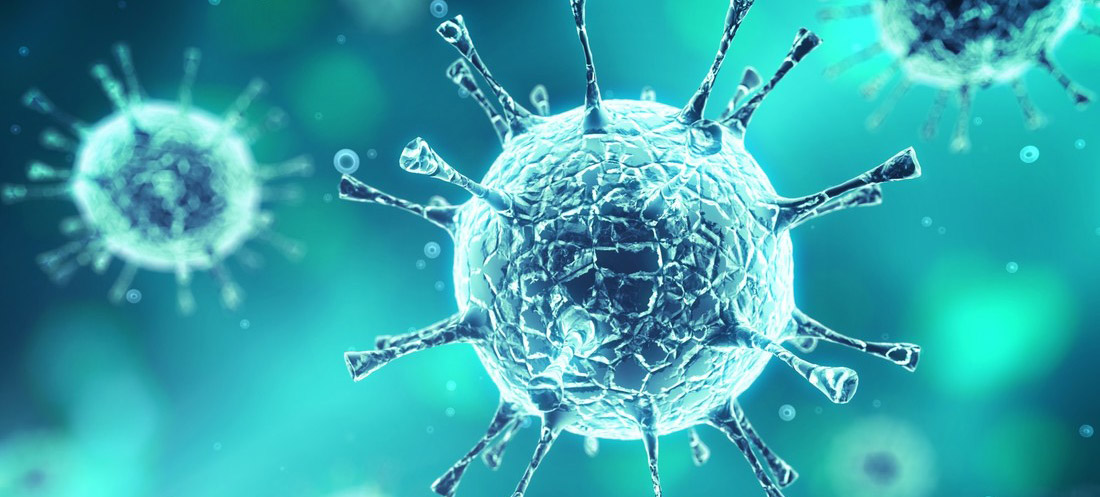Autism: What It is, main symptoms, classifications, diagnosis, treatments, and more!
From initial identification to actual diagnosis, autism is the focus…
Continue reading


SYNLAB, the leading medical diagnostic services provider in Europe, appreciates the value of rapid antigen tests within their intended use and reiterates its concerns regarding any off-label use. New SYNLAB data on a direct comparison between ‘gold standard’ PCR tests and rapid antigen tests highlight the inaccuracy of rapid antigen tests when used for testing “healthy” people. The data include over 20,000 tests for SARS-CoV-2 performed in individuals at their workplace, i.e. who did not describe any symptoms (“healthy”). Results from these tests confirm that almost 40% of cases tested positive for SARS-CoV-2 with PCR testing could have been missed when using rapid antigen tests.
It has been demonstrated, most prominently by the failed US White House safety concept, that people who have been tested negative using rapid antigen tests, can spread SARS-CoV-2 with severe consequences. We have witnessed similar situations with sports associations in some countries, where as a consequence the virus spread inside the teams within a few days.
The explanation for antigen tests’ limitations lies in a sharp drop-off of detection accuracy with lower viral loads, above 25 to 30 Ct (cycle threshold) (Figure 1). The Ct value indicates how many PCR multiplication cycles must be run to reveal the presence of the viral genetic material. Thus as a general rule the higher the Ct value, the less virus is present in the sample. It is now clear that antigen tests do not detect SARS-CoV-2 in people tested with higher Ct values; however, this does not exclude that they may be contagious, as it has been shown that infectious virus can be isolated even from individuals with Ct values greater than 35.
“Our latest medical data underline our specific concern regarding the use of rapid antigen tests to ensure safe environments for human interaction. Antigen tests could miss almost 40% of the virus carriers, who would be identified by RT-PCR or equivalent methods. Those people would find themselves in false security and could spread the virus unawares. We have already seen numerous examples of such cases. We all want to return to normal, which only works if we act and test in a responsible and accurate manner,” explains Dr Santiago Valor, Chief Medical Officer of SYNLAB Group.
SYNLAB data

Figure 1: SARS-CoV-2 testing results from SYNLAB laboratories.
Blue: distribution of 236 positive results from over 20’000 RT-PCR tests performed in a safe at-work cohort, classified by Ct values. The median value was 29.0, the range 10.4-37.3.
Orange: A second cohort of 118 RT-PCR positive individuals were simultaneously tested with RT-PCR and a well-known RAT. The % positive RAT results are shown grouped by Ct intervals (RT-PCR: median 28.5, range 14.9-41.4).

Figure 2: Predictive comparison of RT-PCR and RAT in safe-at-work screening. Blue: the 236 positive RT-PCR results ordered by Ct value (cf Figure 1).
Orange: predicted RAT results in the same individuals, based on the observed sensitivity at different Ct values. Differences in height between blue and orange bars demonstrate the predicted false-negative RAT results; in this example, RAT is predicted to miss 38% of SARS-CoV-2-positive individuals.
Further sources:
“Patients with SARS-CoV-2 infection are likely to be most infectious in the first week of illness, emphasising the importance of immediate isolation with symptom onset early in the course of illness.”
About SYNLAB
From initial identification to actual diagnosis, autism is the focus…
Continue reading
SYNLAB appointed by UEFA as ‘UEFA Laboratory Diagnostics Provider 2021/2022’…
Continue reading
New SYNLAB data confirm that almost 40% of cases tested…
Continue reading